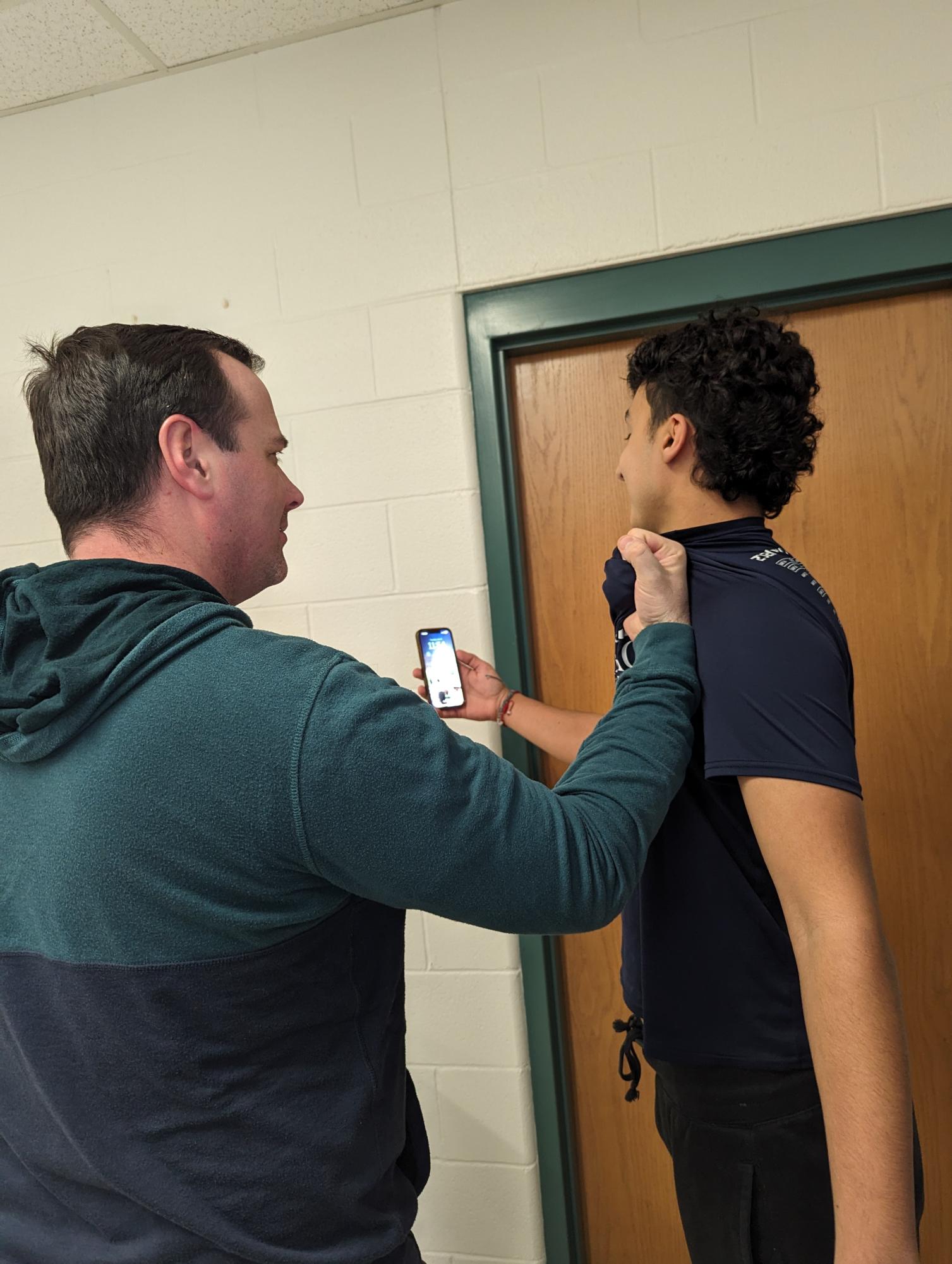It’s almost lunch, and you’re sitting in class, lethargic and needing a hit of dopamine.
So you take out your phone and check it for text messages, or comments, or “likes” on your social media posts. You swear to yourself that it’s just going to be five minutes then you’ll get back to your classwork.
Thirty minutes later, you’re watching YouTube tutorials about playing the ukulele.
Is your inability to put down the phone due a short attention span and the inability to deal boredom? Probably.
Is this constant reliance on the phone and social media making you depressed and lonely? Possibly.
Are you addicted to the phone and its endless stream of distractions? Yes.
According to psychologist Jean Twenge, phone addiction has become an epidemic for Gen. Z, and it is something that is making our generation seriously unhappy.
At PA, phone use has become so much of a distraction in the classroom that the school tried to implement a new phone expectations in academic classes for the 2023-24 school year, telling students to keep their phones away during instruction and prohibiting earbuds/headphones unless given permission by a teacher.
But not many students adhere to the policy. “I didn’t even know that there were rules put in place,” said senior Jake Demers. “I doubt anyone actually follows them.”
For example, right now, as I’m writing this article, there are two students in this class on their phones with earbuds in, not doing their work and distracting those students who are trying to work.
Many teachers agree that the policy has made little-to-no difference in phone usage in their classrooms.
“It’s like [the students] hear it as a suggestion,” said math teacher Mrs. Roy. “I ask them to put their phones away, and they will for about two seconds or until I turn away.”
Other teachers choose not to fight the battle with students, insisting there will be organic consequences. “I’m not going to die on the hill,” said English teacher Mr. Graziano. “It feels very selfish,” said Mr. Graziano. “But selfishness is also part of any addiction.”
In fact, while students are on their phones, the taxpayers in Pembroke are paying roughly $18,000 per year to educate a single student. When students are using these funds, not to educate themselves, rather to play games on their phones, it sends a strong message about their priorities, said Mr. Graziano.
And kids are becoming addicted to phones and technology at staggering rates and younger ages.
There is a term for them: iPad kids. On TikTok, users make satirical skits and videos where they act like 5-year-olds who can’t function without watching Cocomelon for 10 minutes.
But is this really satire? Ask yourself this: Did you finish this article without checking your phone?
There’s your answer.









![Mme. Cauley instructs her French I class, something she said was "probably in [her] genes."](https://spartansspeak.sau53.org/wp-content/uploads/2024/01/cauley-e1704388201936-900x1200.jpg)